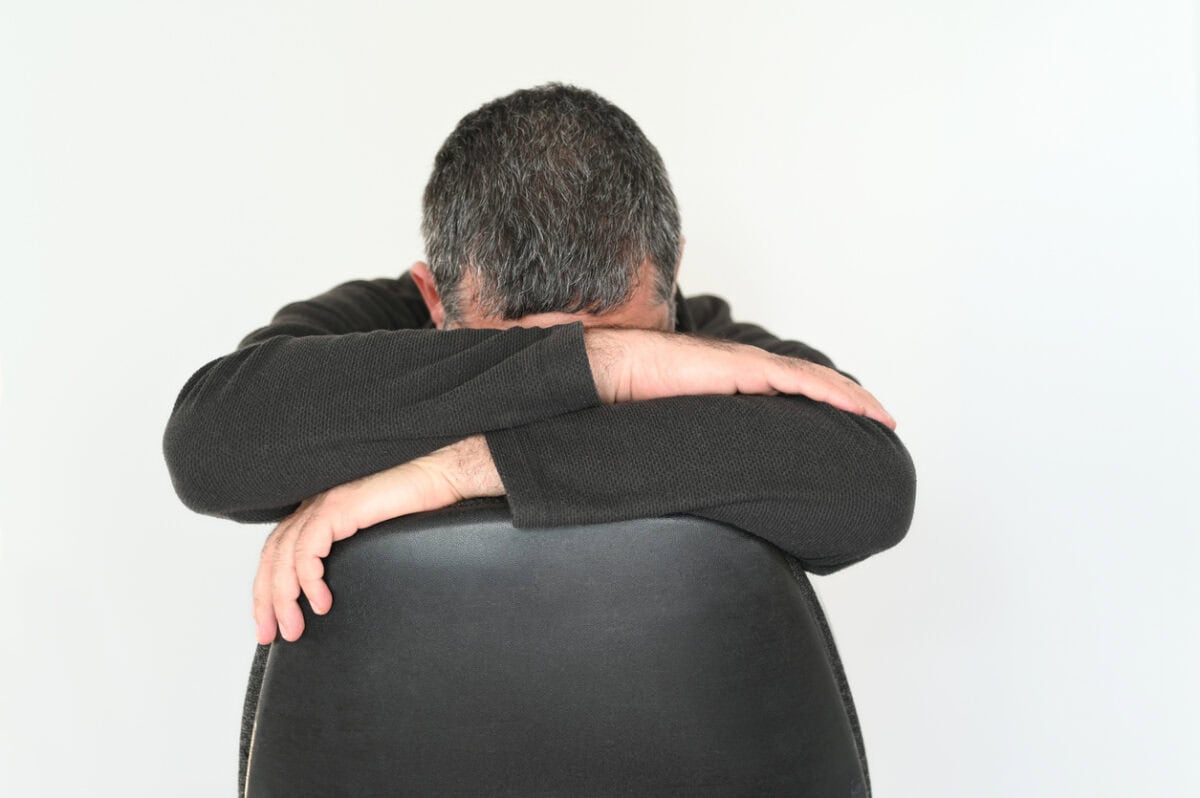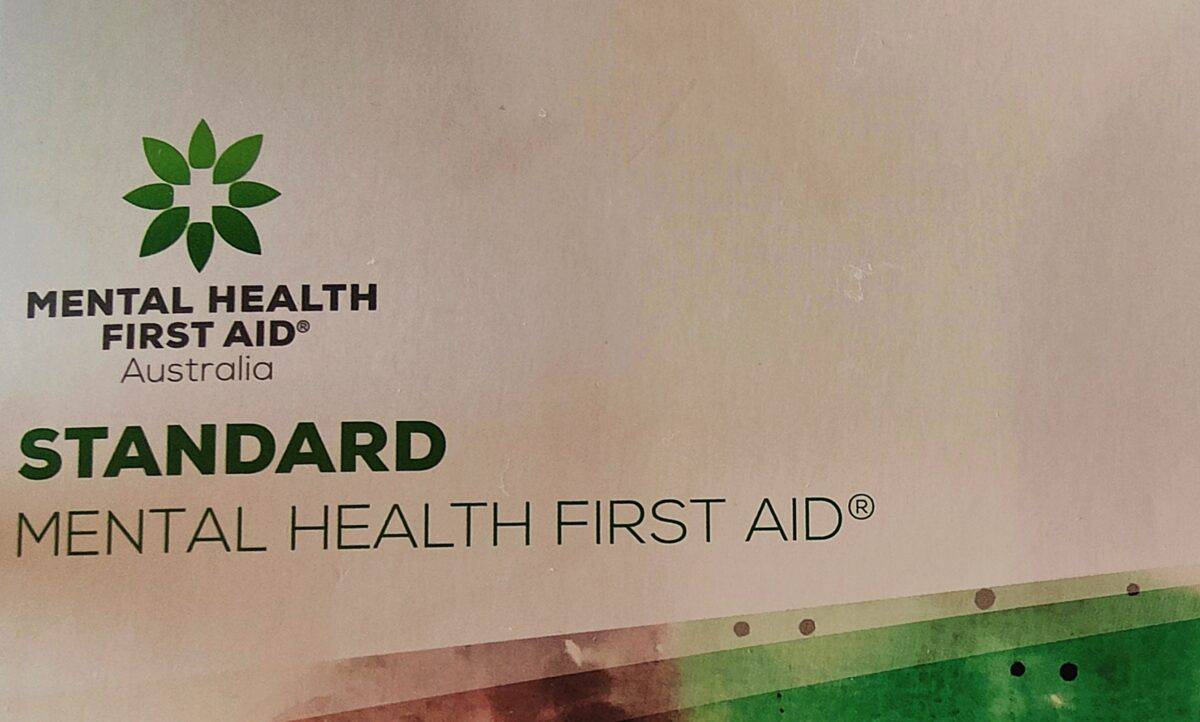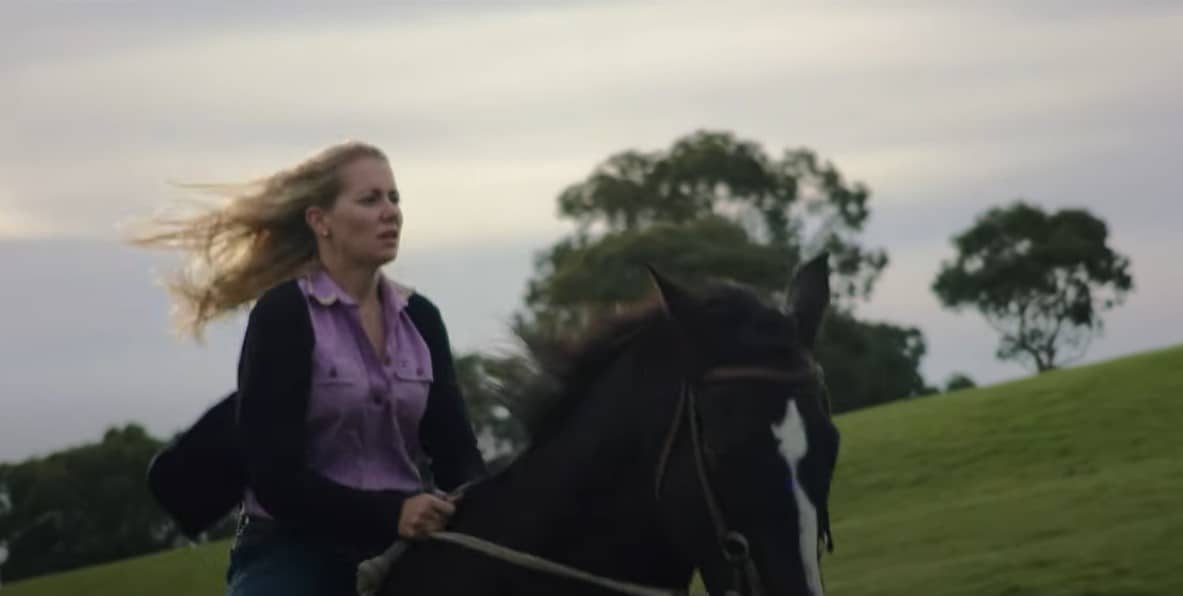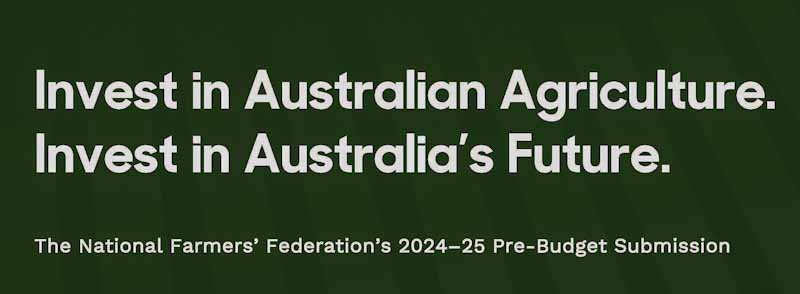Recent Australian research into male loneliness revealed some interesting work-related factors that employers may want to consider as part of their wellbeing and psychosocial change programs.
The research includes that among some social factors, like the persistent belief by men of having a breadwinner role:







